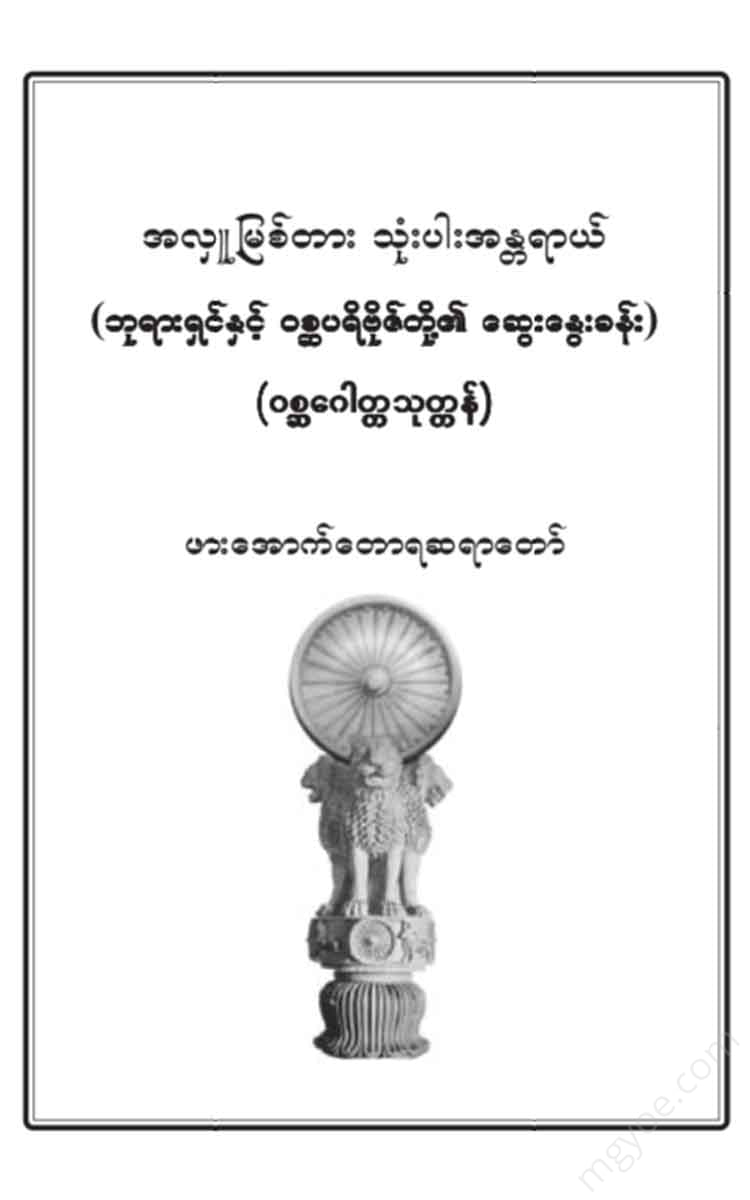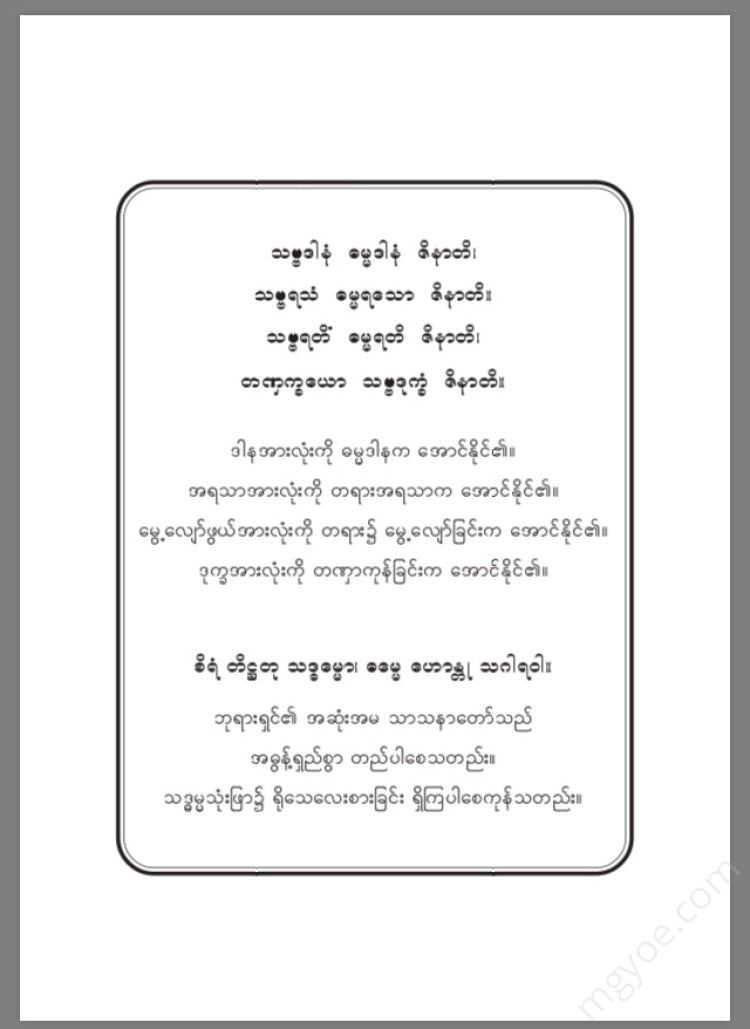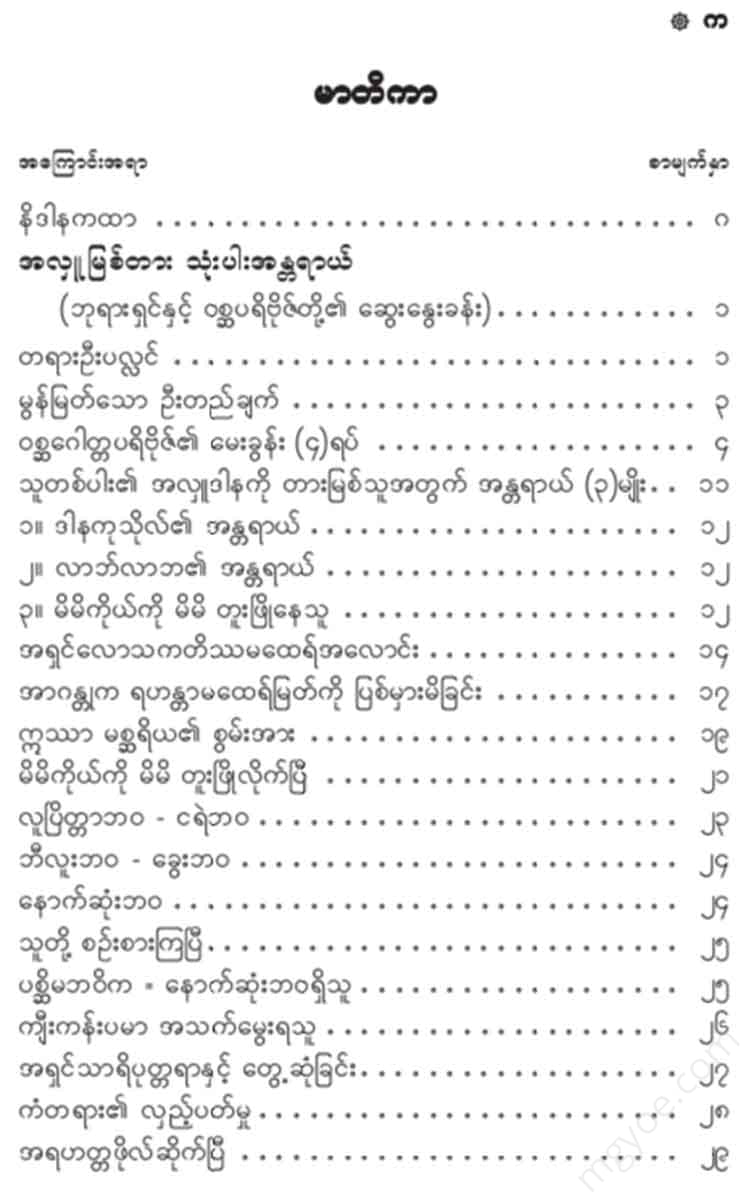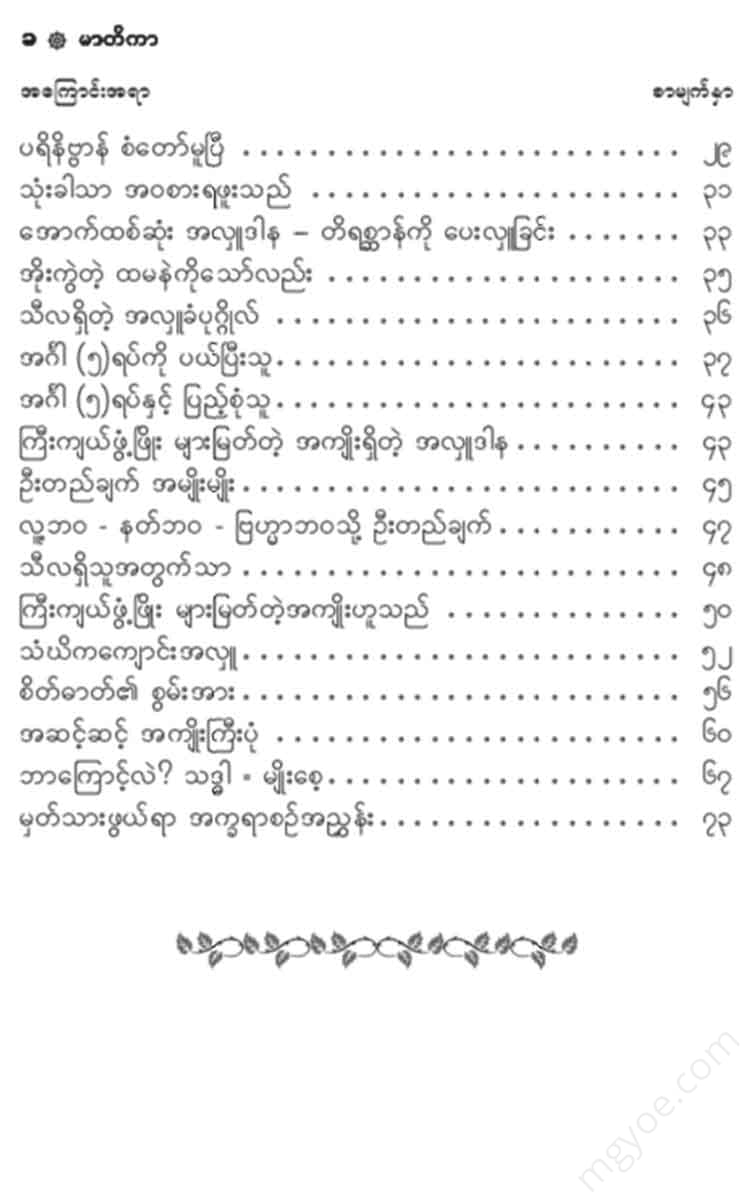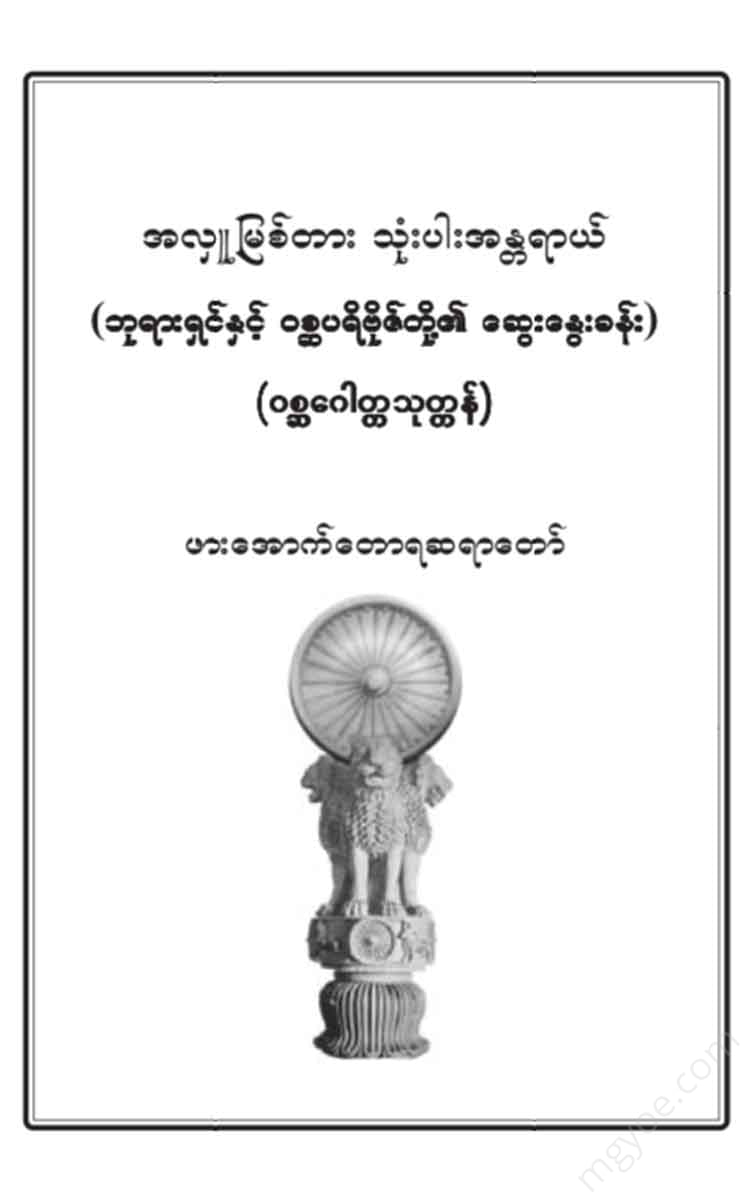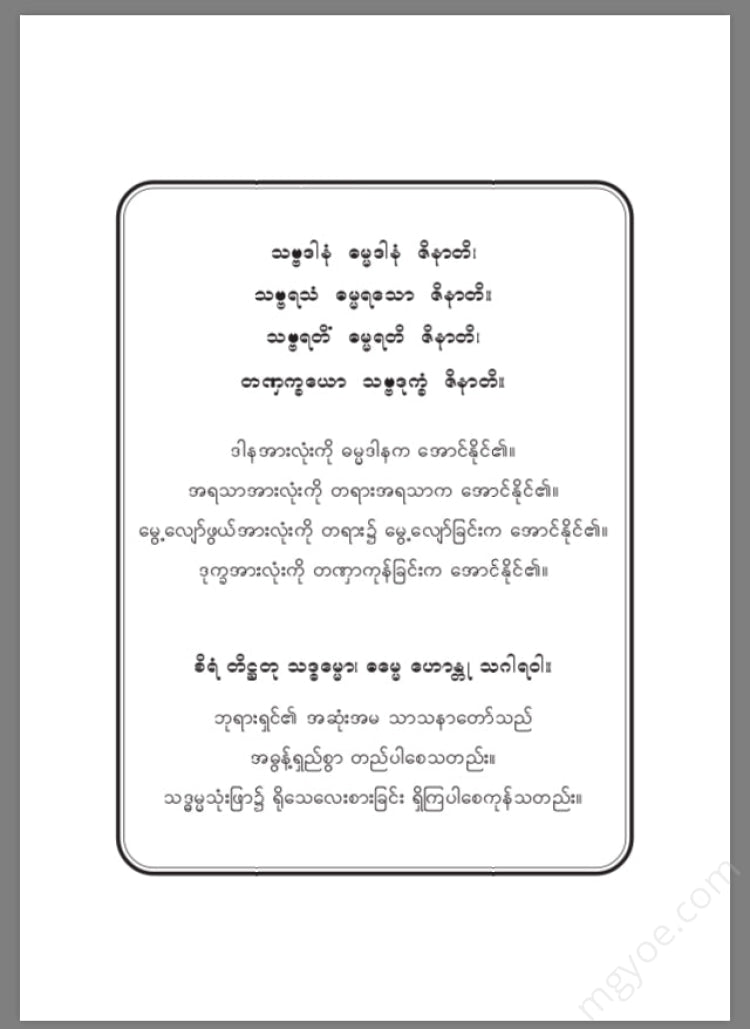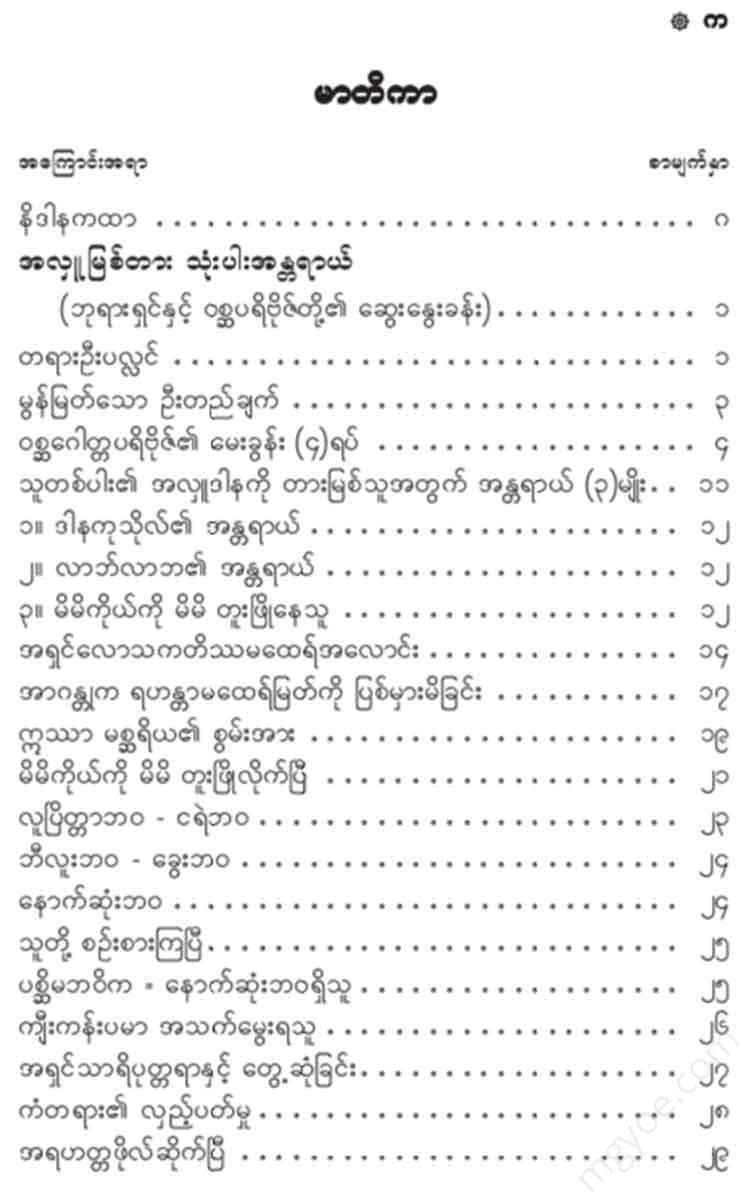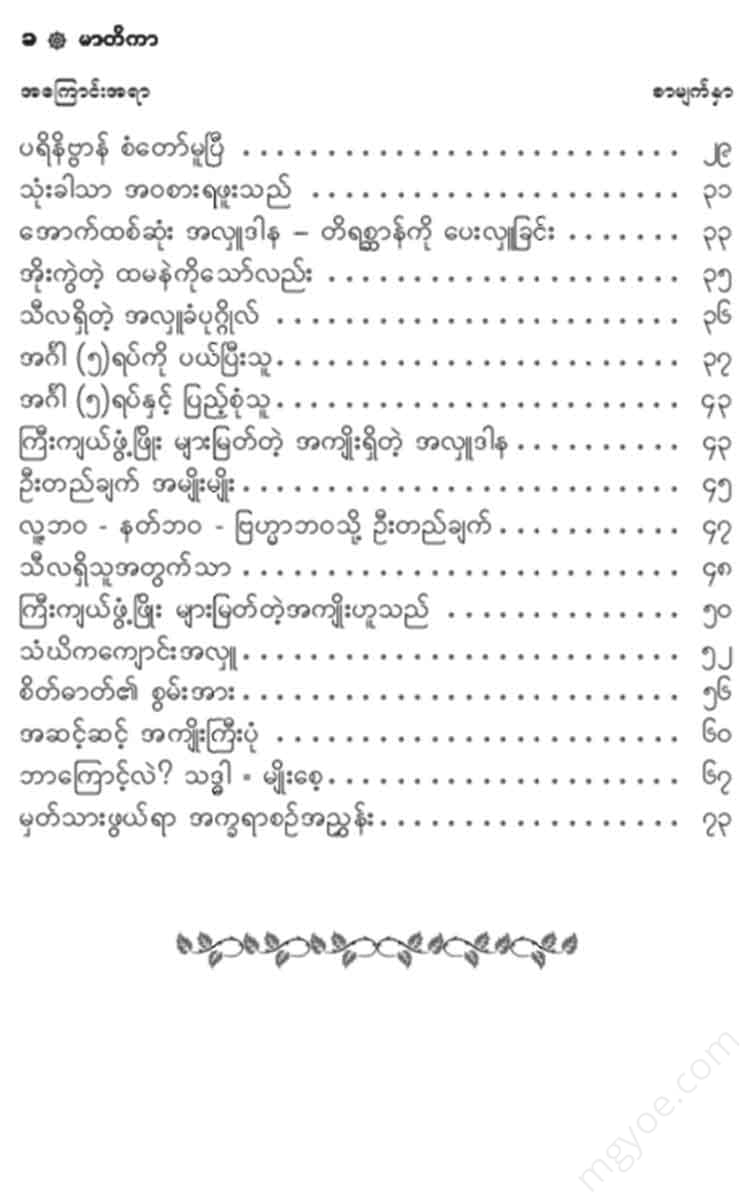Other Websites
The Three Dangers of the River of Giving - The Buddha's Teachings
The Three Dangers of the River of Giving - The Buddha's Teachings
Couldn't load pickup availability
The Buddha, when he was expounding certain deserving ones, would sometimes preach the Anupavikathā, which is also called the regular discourse.
1. Dhamma discourses related to charity,
2. Virtue discourses, discourses related to virtue,
3. The discourse on the path to the attainment of the heavenly bliss,
4. The Magga Katha: The Four Noble Truths on the Noble Path
Spicy words -
The discourses that are regularly preached in this way are called Anupavikatha .
The reason why the Buddha first preached the Dhamma related to charity is because this charity is easy for most people to do, and therefore the merit of charity is also easy to do. It is also a merit that is related to the people, such as the giver, the recipient , the person who performs the task, etc. It is also a reason for remaining or being established in virtue. That is why he preached about charity at the beginning. That is right - a person who is accustomed to giving and giving does not have the attachment to the material things that he has acquired as "mine", so he can easily establish and practice virtues. He can stand firmly and steadily in that virtue that he has already established and practiced. Because virtue is the purity of both the donor and the recipient, after having preached the exaltation of others, the recipient should also preach the law of refraining from harming others. After preaching the conduct of giving to the virtuous, the moral obligation to refrain from doing so should be preached. After preaching the fulfillment of wealth and the attainment of wealth, the reason for the fulfillment of good lives, such as human life and the life of a deva, the story of charity is told.
- In addition to the discourses on charity, he continued to preach the discourses on virtue.
(Hebrews 3:21)
That precept is the precept of the Vata Nissita, which enables one to move through the cycle of samsara, and in order to point out that the result of that precept is the attainment of life, human life, and the higher life of a deva , and to point out that because of these meritorious deeds , meritorious deeds, meritorious deeds, which are higher than the highest,
That heavenly bliss... that heavenly bliss is also adorned with pleasant, delightful, and delightful things, and is an insatiable pleasure that cannot be seen or felt, and therefore is entangled in the defilements of passion, anger , and delusion. However, in order to show that the noble path is not entangled in all those defilements, the Buddha continued to preach the discourse on the noble path in the discourse on the heavenly bliss in the discourse on the noble path. (Am, Kṛti, 3, 221.)
In the Magga Katha, in order to point out the good practices that lead to the noble path, he did not mention other sensual pleasures, even the blissful state of being in the heavens and the earth. He also explained the sinful nature of sensual pleasures, saying that all sensual pleasures, whether they be present or future, are subject to many defilements. These sensual pleasures are impermanent, perishable, and subject to change. In this way, he explained the sinful nature of sensual pleasures.
“These sensual pleasures are vile, the habits of the villagers. They are the habits of the poor and the ignorant. They are not the habits of the noble and the holy, and they are not in harmony with the interests of the present cycle.” Thus, the vile nature of sensual pleasures, “All life is the source of defilements,” and thus, the defilements, defilements, and defilements in these sensual pleasures, and the path to liberation from all these defilements, defilements, and defilements, which is called Nibbana and the path to liberation, are included in the part where he preaches the teachings of the Magga Katha. (An, Kti, 3, 221.)
The Vassagotta Sutta that has come to the readers' hands is not the usual kind of discourse on the subject of the Anupubhakatha. It is a unique kind of discourse on the subject of the Anupubhikatha. In this Vassagotta Sutta, the Buddha has spoken in a unique way from the lowest to the highest kind of charity. He has even explained how one can benefit from giving even water to wash pots, cups, and dishes. In cultivating the higher kind of charity, if one cultivates it with the aim of attaining arahantship, he has explained how one can do good with the powerful virtue of the Upanishads that can be supported by these merits until one attains arahantship.
(However, one of the unique features of this Vaccagotta Sutta is that it warns against prohibiting the giving of charity to others. He who prohibits the giving of charity to others -
1. Doing harm to the donor's charity and good deeds,
2. Risking the benefits that the recipients deserve,
3. Self-destruction -
He does not mention the fact that these three dangers have already been committed. It is a sutra that highlights both the good and the bad on a large stage and documents them.
The Daw Khin Kyi family dedicated this sutta to the late Dayaka Gyi U Maung Pein, and donated a temple building in Pha Aok Towra. At the water pouring ceremony of the temple, the following were recited with joy:
He preached the Dhamma as a sermon. The school's Dayikama family requested that the sermon be printed as a Bible and donated, so the sermon tape was converted into a Bible and made available to readers.
I have sent you. May all good people, having been able to refrain from doing or not doing the things that should be avoided as stated in this sutta, and having fulfilled all the things that should be followed and practiced to the best of their ability, enter Nibbana, the cessation of all suffering, like the venerable Loshakatsama Thera, with loving-kindness and good wishes:
The Buddha under the Frog
Dear monks....
This worldly monk
And the life of not getting your own benefits
I did it myself.
Pure and sublime knowledge of the Noble Path, the knowledge of the mind
Attaining the Dharma, the supreme Dharma,
This concept itself
It was done.
This worldly life
Oh, the old days
During the reign of Buddha Kassapa,
He is an arahant.
For the benefit of others
I have done the risk, (page 15.)
